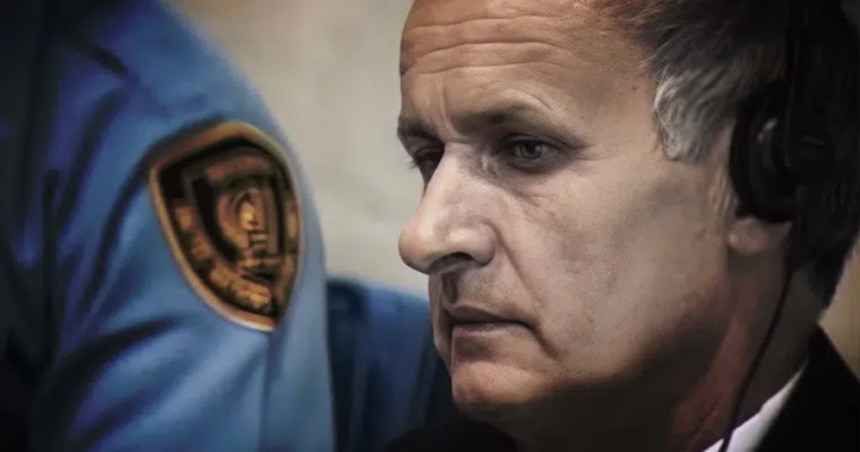“I helped and supported the genocide” said Radislav Krstić
Radislav Krstić, a former general of the Army of Republika Srpska and a close associate of Ratko Mladić, has officially requested early release from the United Nations court after serving 26 years. Krstić is the first individual convicted by the International Criminal Tribunal for the former Yugoslavia (ICTY) for aiding and abetting the genocide against Bosniaks in Srebrenica in July 1995.
In his letter to the court, Krstić explicitly acknowledged the rulings of 2001 and 2004 that confirmed the genocide committed by forces under his oversight. “I accept the Tribunal’s judgments that the forces I belonged to committed genocide. I helped and supported the genocide, knowing that members of the Main Staff intended to carry it out, and that my command would significantly contribute to the execution of Bosniak prisoners,” he wrote, as reported by N1 Sarajevo.
Krstić also expressed a desire to vote for the recent United Nations General Assembly Resolution on the Srebrenica genocide, although he admitted he has no right to do so, given his own criminal actions. “I do not seek forgiveness, justification, or understanding, knowing I do not deserve them,” he said.
The 74-year-old has requested early release on the basis of his health condition and the years he has served. He has previously sought release in 2019 and again in 2022, with both requests denied. Notably, in 2022, he admitted to personal responsibility for war crimes but did not explicitly acknowledge genocide, a key factor in the rejection of his appeal.
In closing his latest request, Krstić stated, “If I am ever released, and if allowed by the victims’ families and the President of the Mechanism, I would wish to visit Potočari, bow to the victims, and seek forgiveness.”
The UN Court has yet to respond to his most recent appeal. Krstić remains in the UN Detention Unit in The Hague, following his transfer from a Polish prison.







